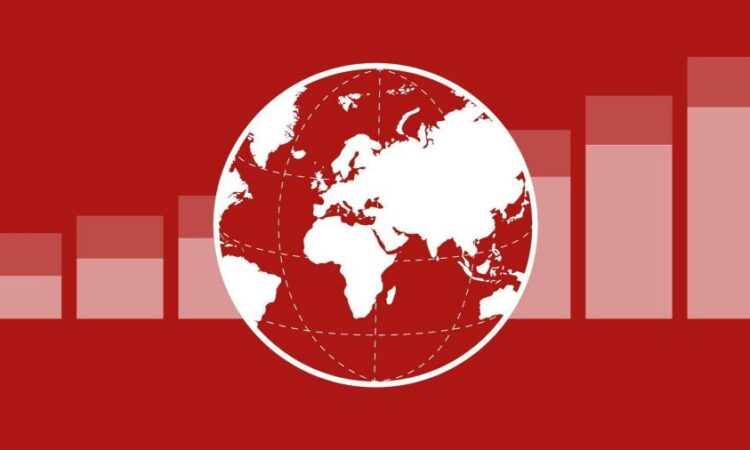
US stocks rose on Friday, driven by gains in the technology sector following blowout chipmaker earnings and growing investor optimism that a deal on the US debt ceiling will land in the coming days.
Wall Street’s tech-heavy Nasdaq Composite index was up 2.1 per cent, boosted by the rally around AI-related stocks for the second successive day. The benchmark S&P 500 rose 1.3 per cent, extending its gains from the previous session.
The tech sector was bolstered by chipmaker Marvell Technology, whose shares jumped 29 per cent after it said its AI revenue was expected to double in fiscal 2024 compared with the previous year.
The announcement came a day after Nvidia posted much higher than expected quarterly earnings, due to soaring demand for chips used in generative artificial intelligence systems.
The Philadelphia Semiconductor index has added 37.4 per cent since the start of the year, driven by the booming AI industry.
“The equity market performance is very narrow. Only technology stocks are performing — ex[cluding] those technology stocks, the S&P is flat,” said Emiel van den Heiligenberg, head of asset allocation at LGIM.
“This is not that dissimilar to 1995, when people started talking about the potential of the internet . . . Slowly but gradually it becomes a career risk to ignore this. If you don’t have technology in your equity portfolio, you might actually miss a structural move in the markets,” he added.

Investors were also watching developments in Washington, where policymakers signalled they were inching towards a deal on raising the debt ceiling before a June deadline to avoid an unprecedented government default.
“In politics as well, if markets start to sell off because we get uncomfortably close to the deadline, clearly politicians will start to change behaviour,” said van den Heiligenberg.
Meanwhile, Treasury yields rose as traders upped their bets that the Federal Reserve would continue to increase interest rates, as the central bank’s preferred measure of inflation came out hotter than expected in April.
The core personal consumption expenditures index, which strips out volatile food and energy costs, rose 0.4 per cent in April, surpassing expectations it would match its 0.3 per cent increase in March.
The yield on policy-sensitive two-year bills edged up to 4.56 per cent. Bond yields fall as prices rise.
In Europe, the region-wide Stoxx 600 added 1.2 per cent as did France’s Cac 40. London’s FTSE 100 rose 0.7 per cent.
Turkey’s lira fell to 20 against the US dollar for the first time, in the latest sign of mounting pressure on the country’s economy ahead of Sunday’s runoff election. President Recep Tayyip Erdoğan, who has led Turkey for two decades, is expected to win this weekend’s second-round vote.
Oil prices rose following mixed messages from Opec+ member states about future production. Brent crude, the international benchmark, rose 0.7 per cent to $76.76 a barrel, while West Texas Intermediate, the US equivalent, rose 0.9 per cent to $72.50 a barrel.
Russian president Vladimir Putin and the country’s deputy prime minister had said that further production cuts were unlikely at the Opec+ meeting next month.
Asian stocks were subdued, with Hong Kong’s Hang Seng index falling 1.9 per cent while China’s CSI was flat.






